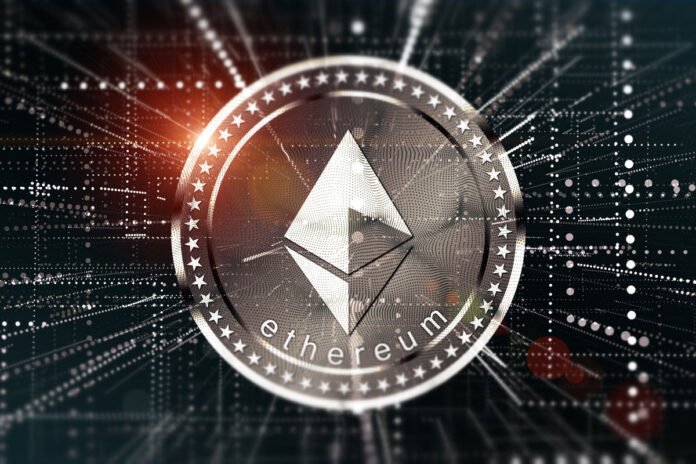In the world of Crypto Leverage Trading, Ethereum (ETH) is the second most popular cryptocurrency after Bitcoin. It was founded by Vitalik Buterin and Gavin Wood in 2015, and as of now, Ethereum represents more than 17% of the $1.2 trillion global crypto market capitalisation.
Ethereum is a decentralized computing network built on blockchain technology, as opposed to Bitcoin (BTC), which was primarily intended to serve as a medium of exchange or a store of value.
What Is Ethereum?
Ethereum is referred to as a “global, decentralized platform for money and new kinds of applications,” with thousands of games and financial apps running on top of the Ethereum blockchain.
Ethereum relies on its blockchain network to verify and record transactions. A blockchain is a decentralized, distributed ledger.
In the Ethereum Exchange, everyone holds an identical copy of this ledger, which lets them see all past transactions. Decentralized means that there is no centralized authority that operates or manages the network-instead, it is managed by everyone who holds the distributed ledgers.
Cryptography is used in blockchain transactions to keep the network secure and verify transactions.
In the same way as Bitcoin, Ethereum’s native token, Ether, can be traded to buy and sell goods. In addition to storing and transferring personal data, these applications can handle complex financial transactions as well as run applications that “run” on the blockchain. But what makes Ethereum unique is that users can build applications that “run” on the blockchain.
What’s the difference between Ethereum and Ether?
ETH is the digital currency that can be used for financial transactions, investments, and as a store of value. As mentioned above, the Ethereum blockchain network offers other functions in addition to Ether.
Among these transactions are simple movements of funds, but they can also be complex ones that exchange assets, take out loans, or acquire digital art, according to Anchorage’s head of product, Boaz Avital. On the Ethereum network, transactions are processed and stored.
In addition to storing data, Ethereum can be used to run decentralized applications as well. On the Ethereum blockchain, people can host applications instead of hosting them on servers owned and operated by Google (GOOGL) or Amazon (AMZN), where the data is controlled by the single company. There is no central authority managing everything, so users have control over their data and can use the application freely.
Smart contracts, or self-executing contracts, are one of Ethereum’s most intriguing applications. As with any other contract, two parties agree to deliver goods or services at some point in the future. Unlike traditional contracts, lawyers are not required: the parties code the agreement on the Ethereum blockchain. When the contract conditions are met, Ether is delivered to the appropriate party.
What is the difference between Ethereum and Bitcoin?
Its primary purpose is to serve as a virtual currency and a store of value. Besides acting as a virtual currency and a store of value, Ether also allows for the creation of and operation of applications, smart contracts, and other transactions on its decentralized network. Bitcoin does not provide these features.
Transactions are also processed more quickly on Ethereum.
In Bitcoin, new blocks are validated every ten minutes, whereas in Ethereum, new blocks are validated every 12 seconds, says Gary DeWaal, Katten’s financial markets and regulation chair. Future developments, he notes, could speed up Ethereum transactions even more.
Ether will release no more than 21 million coins, while Bitcoin will release no more than 19 million coins.
Ethereum Benefits
1. Ethereum is a tried-and-true network with billions of dollars worth of value traded hands over the years, as well as the largest ecosystem in blockchain and cryptocurrency.
2. There is a large community of Ethereum developers looking for new ways to improve the network and develop new applications. As a result of Ethereum’s popularity, Avital says that it tends to be the preferred blockchain network for developing new, exciting (and sometimes risky) decentralized applications.
3. Apart from being used as a digital currency, Ethereum can also be used to process other financial transactions, execute smart contracts, and store data for third parties.
